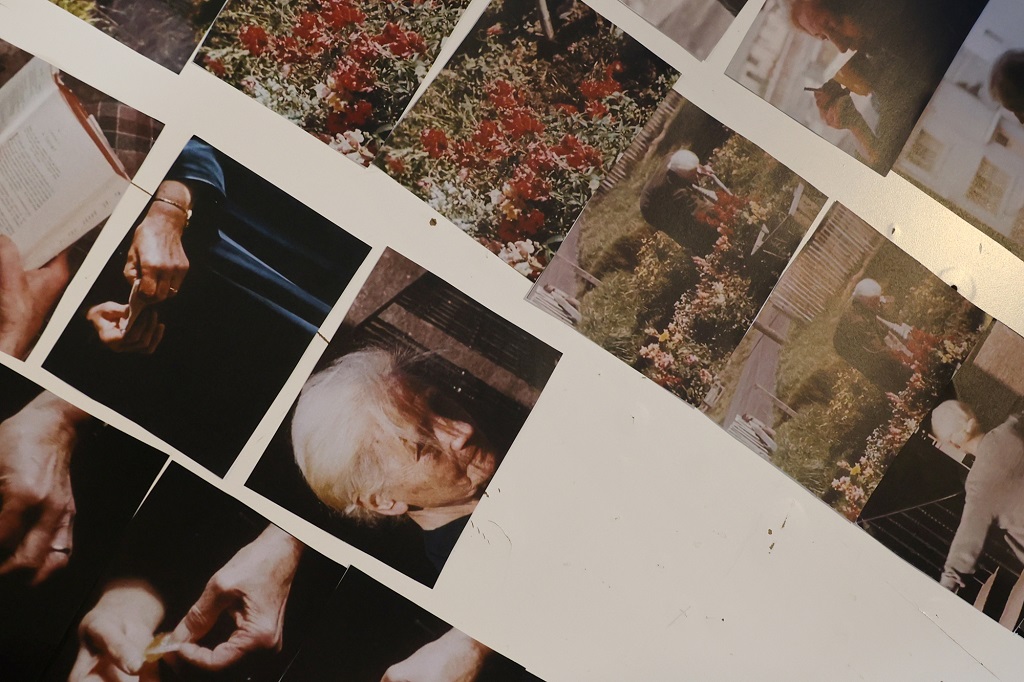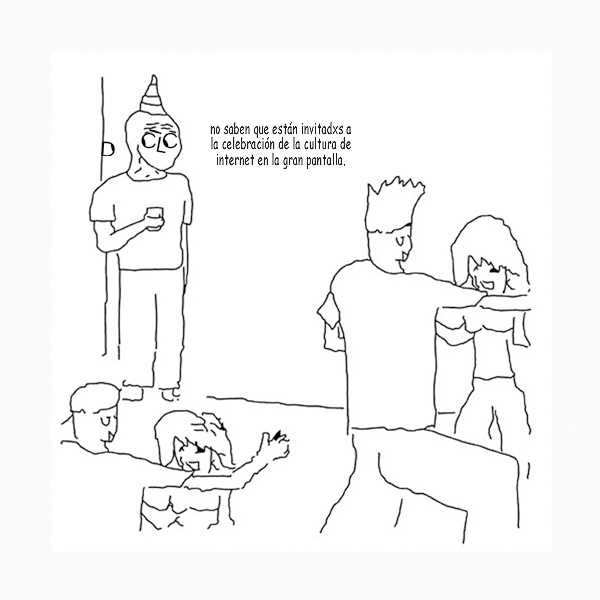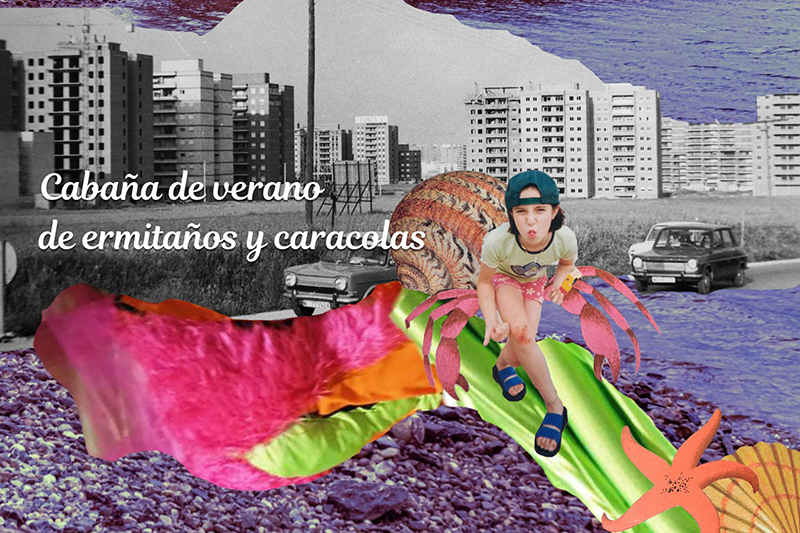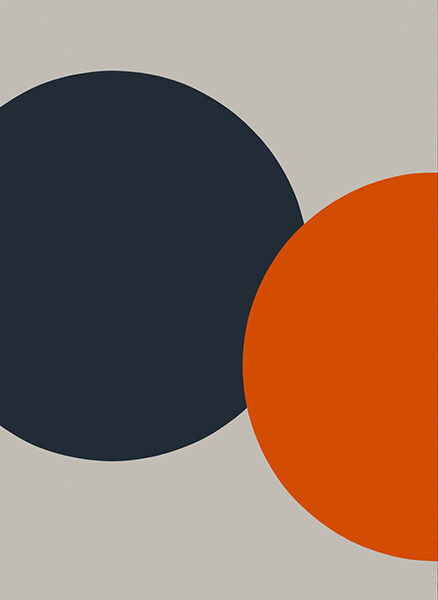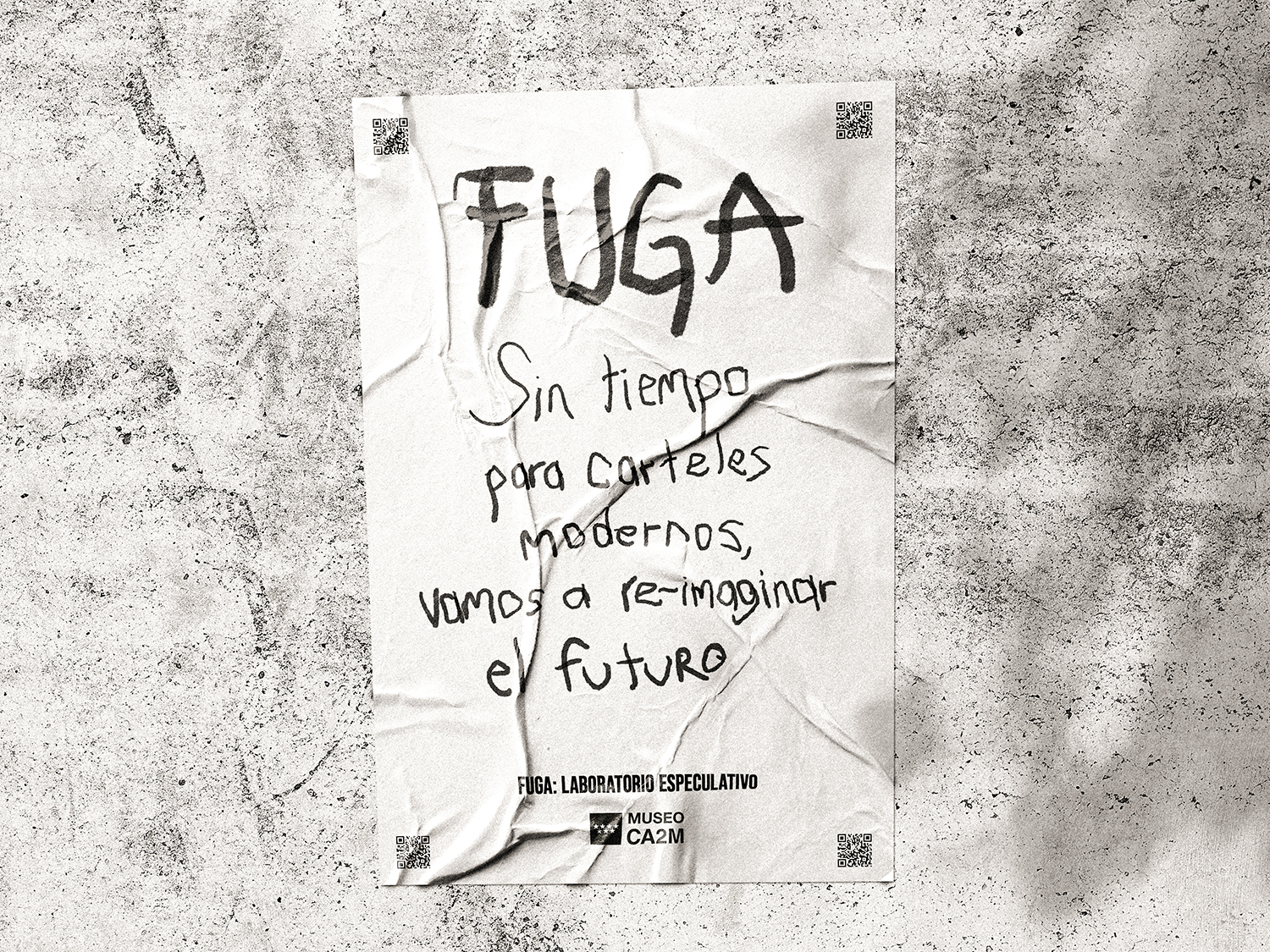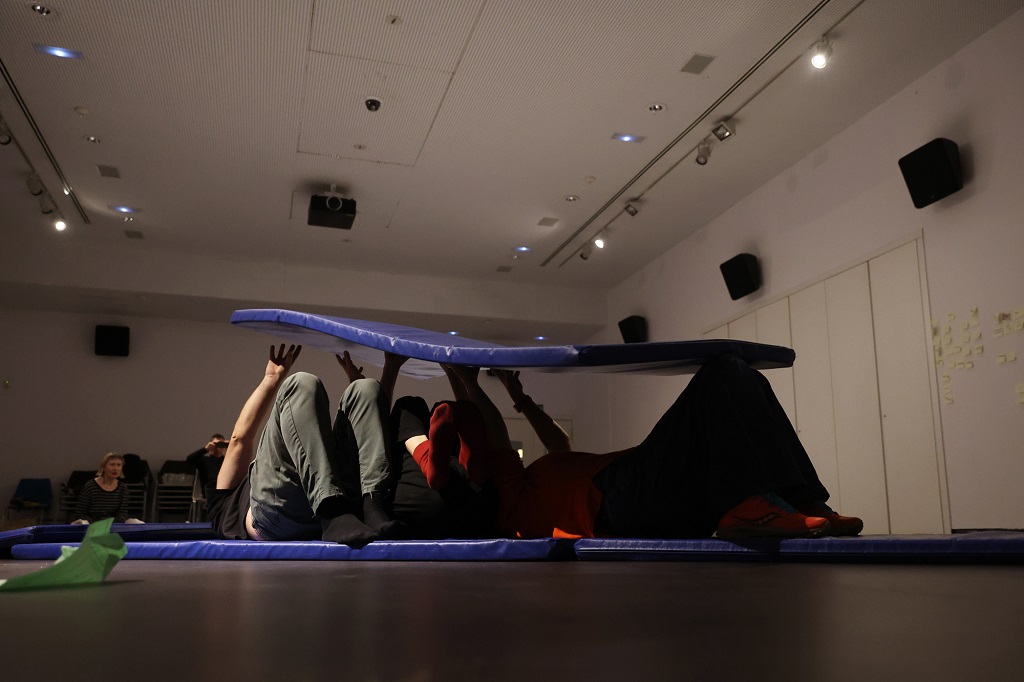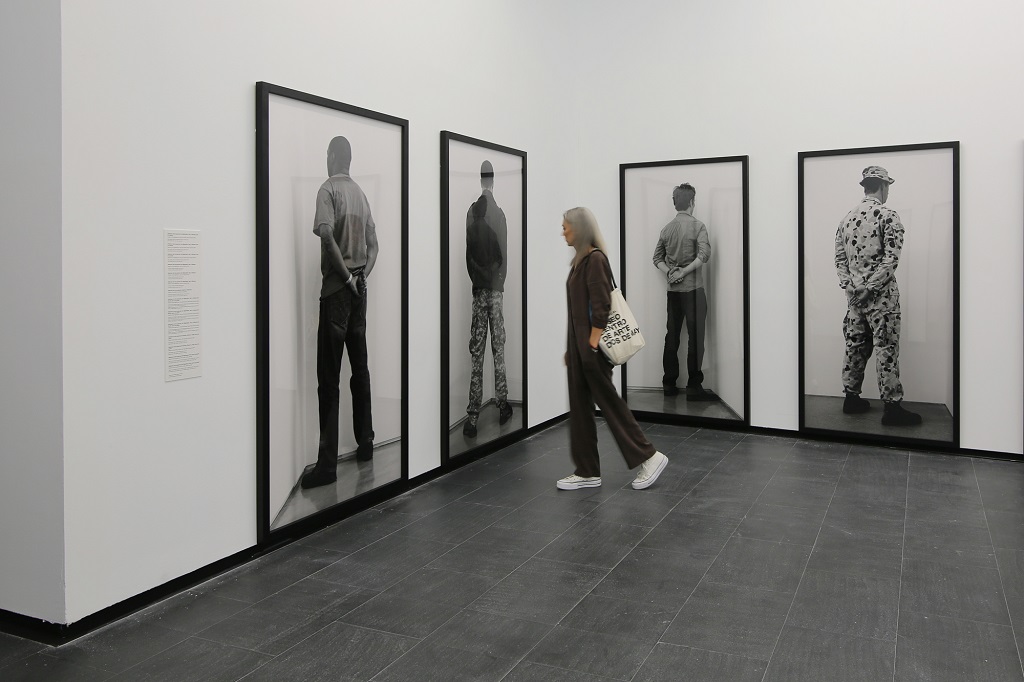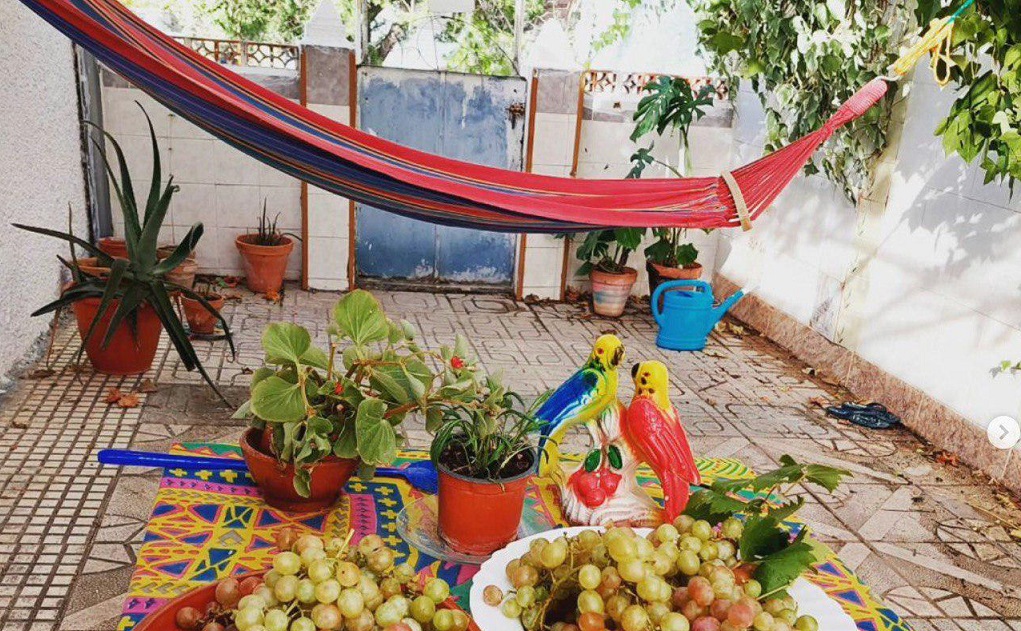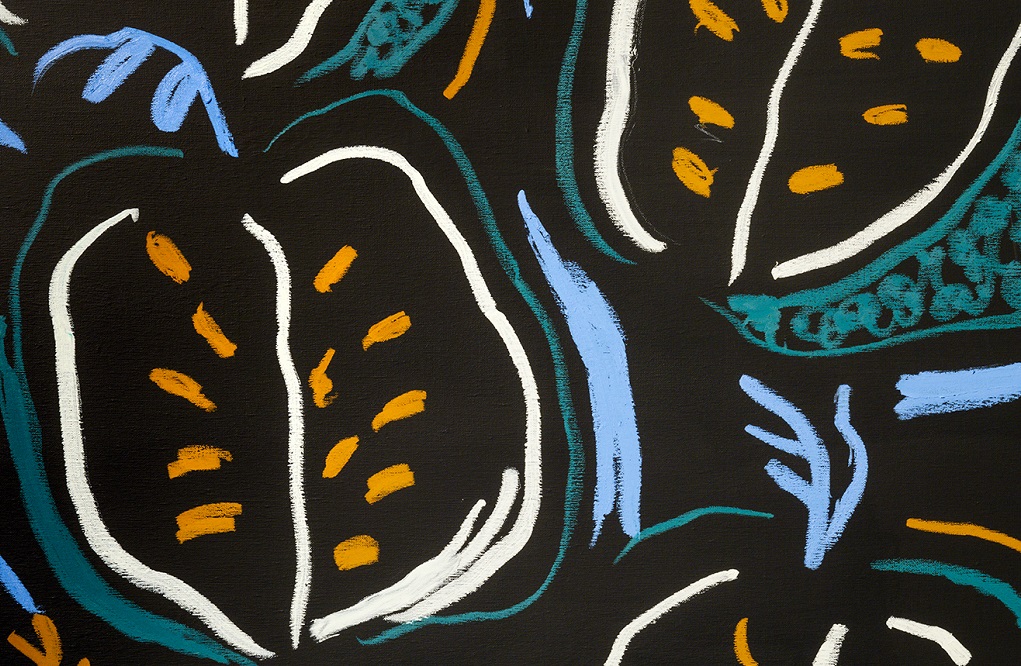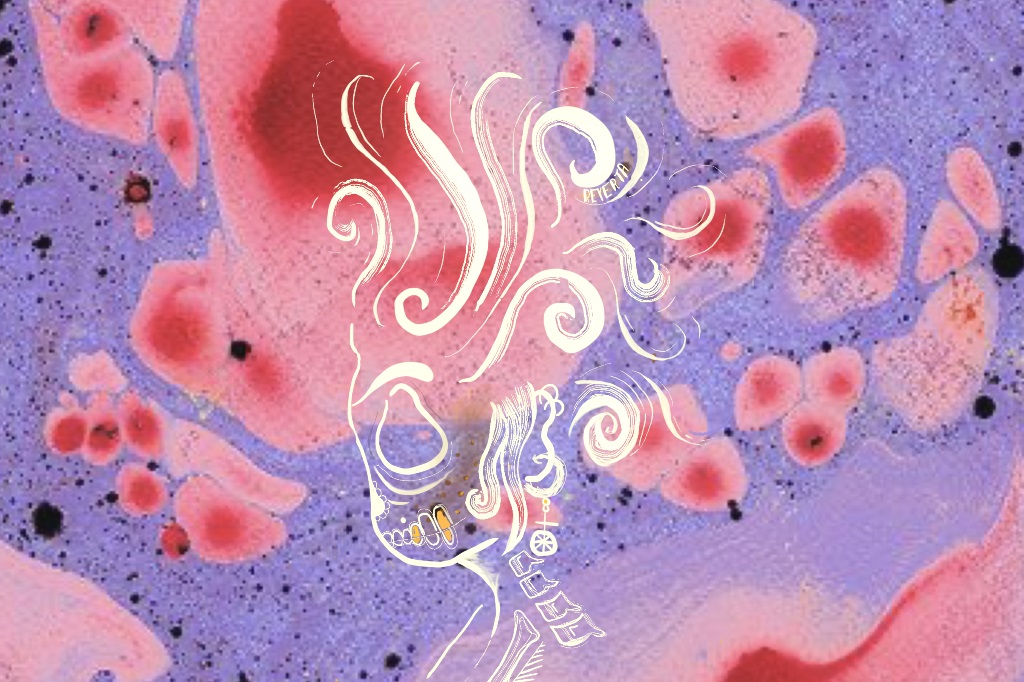Our migrants’ suitcases are filled with twenty-three kilos of life per crossing. Overweight again? What do you carry when you go? When you come back? Yerba mate to while away the time? Coca leaf to blow on God? How much does a house weigh? Did you squirrel away enough money to bring your dog? Was the skin of the soursop still bristly when you unpacked it? What does your baggage smell like? In these four sessions, we’ll be pulp and seed, green and travel, tenderness and bark to recount the southerly-to-southerly winds that blow over the invented territory of the diaspora. Four encounters to open the soursop (not the melon) and use storytelling to explore the interstices of all our creatures/children.
We invite you to journey through this writing laboratory made up of four interconnected sessions led by Sudakasa: Lucrecia Masson, Gabriela Wiener, Chinî and Hildy Quintanilla Ocampo (Q´inti- Colibrí).
The workshop dates are:
- Friday 29 November 6:30–8:30 pm
- Saturday 30 November 12–2 pm
- Friday 13 December 6:30–8:30 pm
- Saturday 14 December 12–2 pm
Participants must attend three of the four sessions to earn an attendance certificate.
Sudakasa is a community writing and creation space based on migrant experiences; it is a refuge-home and artistic residence that has come to cover our lack of a ‘people’, because our people are across the sea. We have re-appropriated this parcel of olive and almond trees and grapevines from insult and turned it into body, identity and memory of the diasporas so together we can weave other stories of resistance that confront the violences against those from down under.
Lucrecia Masson Córdoba. With impurity as a principle, she is a writer, artist and researcher whose main topics of inquiry are bodies, animalities and other-than-humans. From an anti-colonial stance, she works in different artistic registers, primarily experimenting with writing. What interests her in theory is imagination, and she willingly believes that we cannot think without the body. She published Epistemología rumiante (2017) and Escrituras rumiantes. Cuerpo, exceso, animalidad (2022) and has participated in numerous anthologies. She is a member of the Colectivo Ayllu, with whom she has published Devuélvannos el oro (2018) and participated in events like the Sydney Biennial (2020 and the 35th São Paulo Biennial (2023).
Gabriela Wiener. She is a Peruvian writer and journalist living in Madrid. She has published the books Sexografías, Llamada perdida, Nueve Lunas, Huaco retrato and Dicen de mí and the poetry collections Ejercicios para el endurecimiento del espíritu and Una pequeña fiesta llamada eternidad. Her first stories were published in the narrative journalism magazine Etiqueta Negra. She was a columnist for The New York Times in Spanish and the editor-in-chief of Marie Claire España and has contributed to many international media. She publishes a weekly column for publico.es. She won the National Journalism Award in Peru with a report on a case of gender violence. She is the creator of different performances that she has staged with her family. She wrote and starred in the play Qué locura enamorarme yo de ti. She is a member of@Sudakasa, a collective migrant art and writing project. Undiscovered, the English translation of her novel Huaco retrato, was a finalist for the 2024 International Booker Prize and PEN America. @gabrielawiener
Chinî. She was born in Ka'aguasu, Paraguay, in 1987 during the Alfredo Stroessner dictatorship. She is a poet and marica 108, studied biology and researches frogs and toads from Piribebuy. She migrated to Madrid in 2019, following her mother and sister. She has been a Guaraní Jopará speaker since childhood and adores tereré and mbeju. Professionally, she is currently an arborist and keeps watch over the El Pardo forests in Tres Cantos. She is working on her poetry collection Corpus infecciosa/ 30 comprimidos/ suspensión oral, which examines the wound of HIV-AIDS, migratory sorrow and the traumas of a healthy-ill body. She thinks that the virus has come to her body to rummage through her past and heals it with plant-based remedies. She has been dreaming in Guaraní from the Paraguayan city of Ka'aguasu surrounded by soy harvests and the absence of her mother.
Hildy Quintanilla Ocampo (Q´inti- Colibrí). She is a stage creator, poet, willakuq (storyteller), researcher of Andean theatricalities and oralities and a Qoyllirit’i pilgrim as part of the Quispicanchi nation. In Madrid, she is developing the self-managed Arguedas, Oraliteca Migrante project, which brings Andean and Latin America orality and literature and teaches the Quechua language via Escuelachallay, my little Quechua school in Madrid, as practices that aim to strengthen migrant identities and intercultural dialogue in Spain.
Entrance
We propose a four-session writing workshop in dialogue with the exhibition Buscando guanábana ando yo by the artist Sol Calero. A workshop that looks for connections between migration, kilos of suitcases and the fruits and plants that travel with us.
MY MOTHER SLIPPED A SOURSOP INTO MY SUITCASE. WRITING WORKSHOP FROM THE SOUTH
